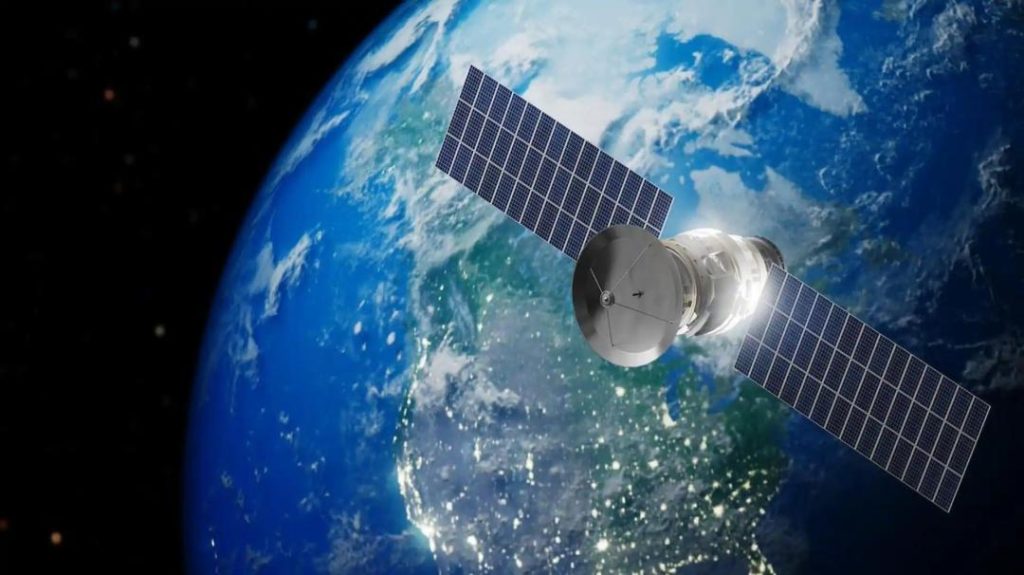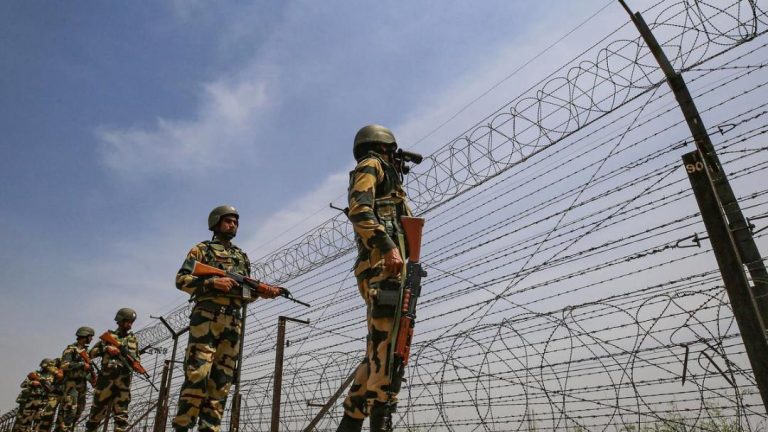
What are Space Pirates & How Can Satellites be Secured from Them?
Space pirates, a term that may seem like something out of a science fiction movie, are a very real concern in the modern era of space exploration. These individuals, or groups, attempt to attack man-made satellites either virtually or physically using a variety of methods. This threat is not limited to any particular country or region, and it’s a challenge that affects anyone who owns or relies on satellites for communication, navigation, or other purposes.
The concept of space piracy is not new, but it has gained significant attention in recent years due to the increasing number of satellites being launched into orbit. The rise of commercial satellite services, such as internet connectivity and Earth observation, has made satellites a valuable target for those seeking to disrupt or steal valuable data.
So, what is a space pirate, and how do they operate? In essence, a space pirate is an individual or group that attempts to attack a satellite using a range of tactics. These can include hacking into a satellite’s systems, stealing its data, or even physically destroying the satellite itself. Space pirates may be motivated by financial gain, political ideology, or simply a desire to cause chaos and destruction.
One of the main concerns about space piracy is the potential for physical attacks on satellites. With the increasing number of satellites in orbit, the risk of collision or destruction is higher than ever before. In fact, there have already been instances of satellites being damaged or destroyed due to collisions with debris or other satellites.
To combat the threat of space piracy, countries and companies owning satellites must build multi-layered security systems that incorporate ground-to-space operations. This includes developing advanced technologies, such as encryption and secure communication protocols, as well as implementing robust physical security measures, such as satellite shielding and collision avoidance systems.
In addition to these technical measures, experts are also calling for the development of quick methods of space travel that can ensure rapid response to physical acts of piracy. This could involve developing new spacecraft or technologies that can quickly respond to threats in space, such as satellite-based lasers or kinetic kill vehicles.
The threat of space piracy is not limited to any particular country or region, and it’s a challenge that affects anyone who owns or relies on satellites for communication, navigation, or other purposes. In fact, the increasing number of satellites in orbit has created a complex web of satellite ownership and operations, making it more difficult to track and prevent attacks.
In recent years, there have been several high-profile instances of space piracy, including the hacking of a satellite by a group of Russian hackers in 2018. The hackers, who were believed to be affiliated with the Russian military, used malware to gain access to the satellite’s systems and steal its data.
Another example of space piracy is the theft of a satellite’s data by a group of hackers in 2020. The hackers, who were believed to be affiliated with a Chinese hacking group, used social engineering tactics to gain access to the satellite’s systems and steal its data.
These instances of space piracy highlight the need for robust security measures to protect satellites and the data they transmit. In fact, many experts believe that the threat of space piracy is just the tip of the iceberg, and that more sophisticated and targeted attacks are likely to occur in the future.
To combat the threat of space piracy, governments, companies, and organizations must work together to develop and implement robust security measures. This includes developing advanced technologies, such as encryption and secure communication protocols, as well as implementing robust physical security measures, such as satellite shielding and collision avoidance systems.
In conclusion, space piracy is a very real threat to the security and integrity of satellites and the data they transmit. It’s a challenge that affects anyone who owns or relies on satellites for communication, navigation, or other purposes, and it requires a collaborative effort to combat.






